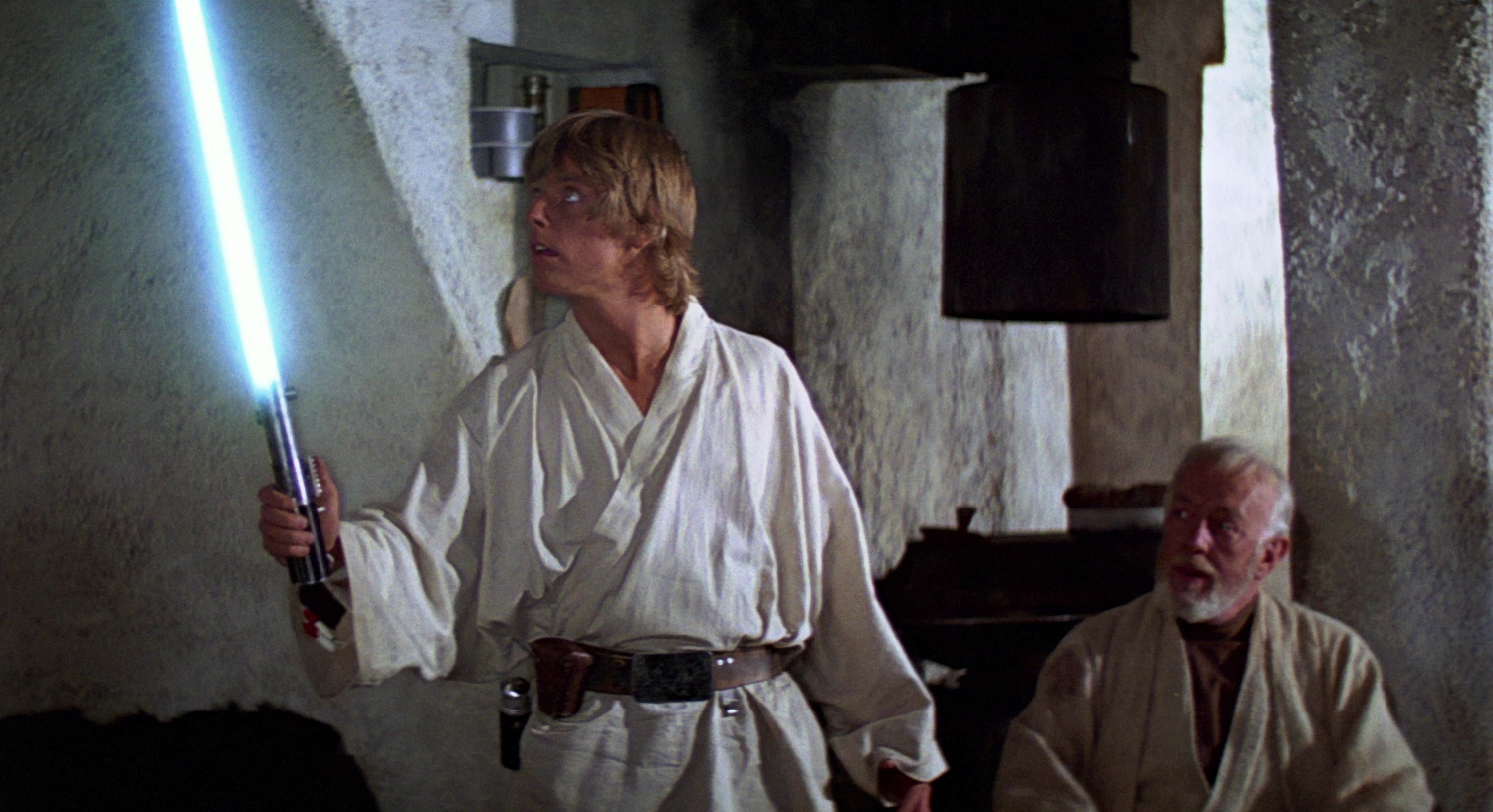Sister Reeves was so excited about repentance at General Conference. It was easy to catch her enthusiasm.
She’s right. Repentance is heady, kick-up-your-heels stuff. Repentance is awesome. Repentance is glorious.Elder Renlund explained why. Ironically, the crystal ball that lets us pry out the secret of repentance is the excuses of the impenitent.
It was someone else’s fault; I couldn’t help it.
Nobody got hurt; nothing bad happened.
God loves me; He doesn’t care.
Agency is the ability to make meaningful choices with meaningful consequences. All three excuses are denials of agency. The first denies the ability to make the choice. The second two denies that the choices were meaningful. In order to hold on to their sins, the sinner has to assign themselves a bit part in their own lives. They have to argue that they don’t matter much.
But when the sinner repents, they are now moving themselves out of the wings into the center of the stage. The penitent man is no longer making excuses. He is making affirmations.
I am responsible; I can help what I do.
I can cause hurt and evil; conversely, I can therefore cause joy and good.
God loves me; even the Almighty cares about my acts.
Repentance is a return to agency and agency is heroic. Repentance is the obscure farmboy realizing he is called to be a hero. Yes, he says, I matter. I am a player on the board.
Agency is more than heroic, however. Agency is divine. As Bruce C. Charlton has eloquently put it, agency means that the I, the agent, am a First Cause, in the image of God. To act meaningfully is to create consequences that never would have been were it not for me. Being an agent is deific.
The penitent man, then, is not just taking up the hero’s sword. He is acknowledging his place on the throne of a god.
Continue reading at the original source →





